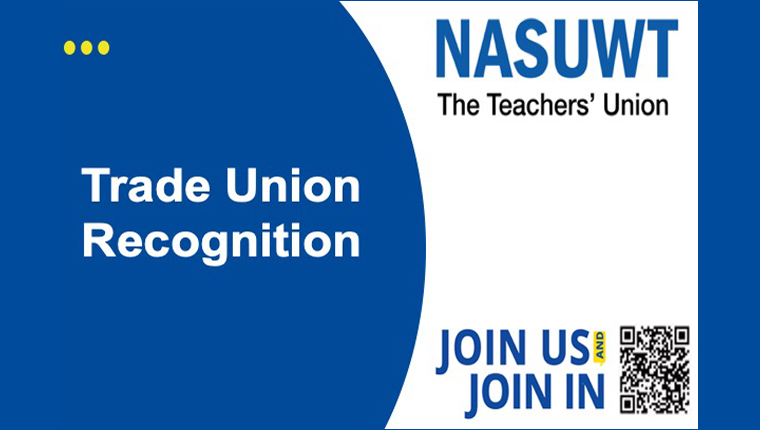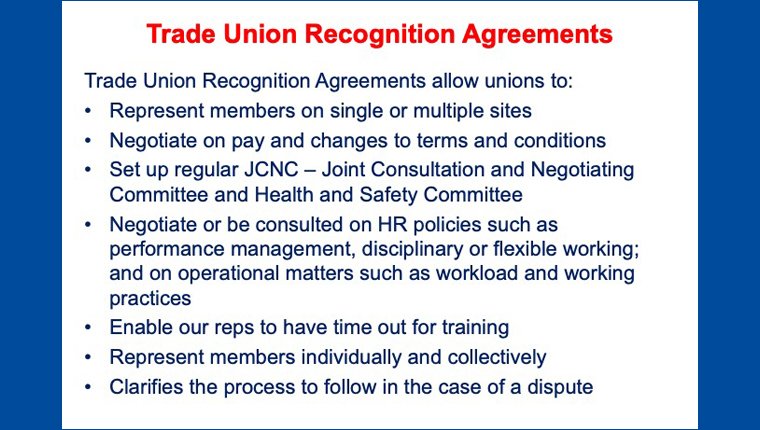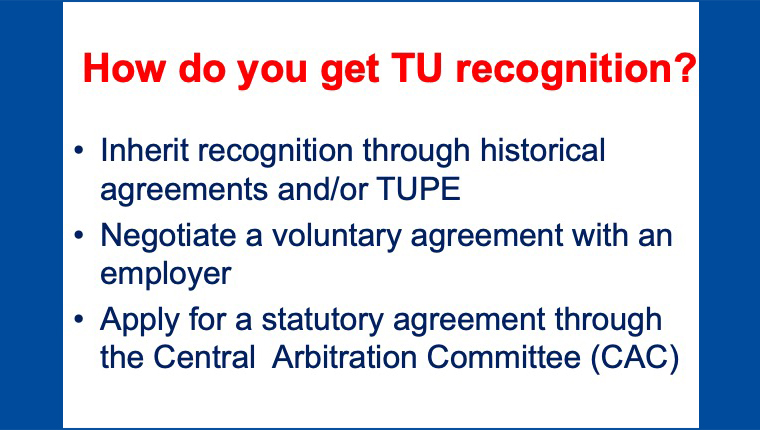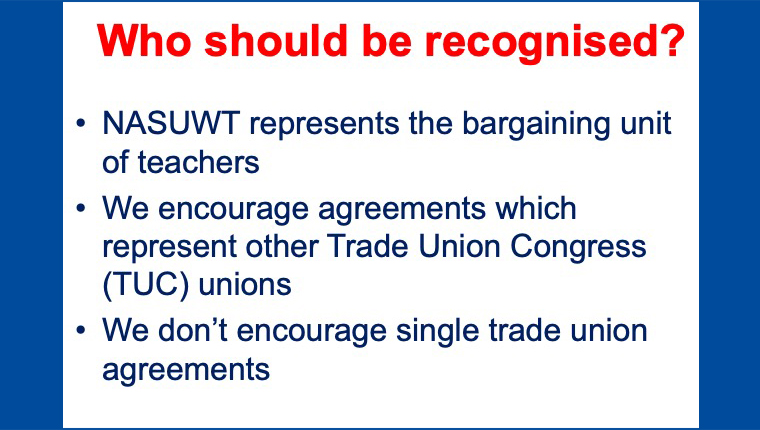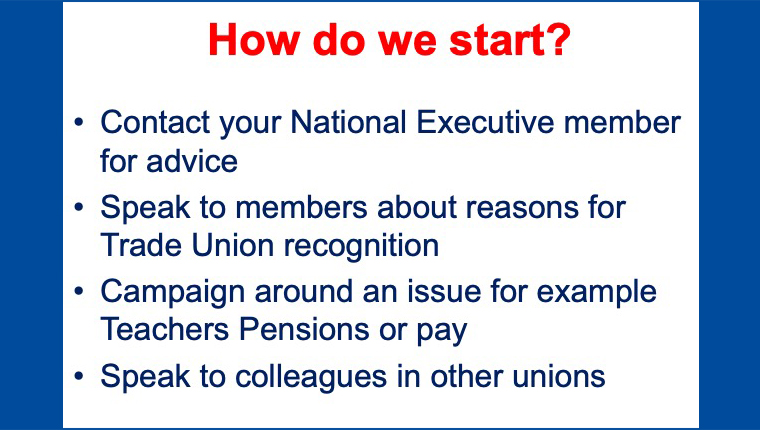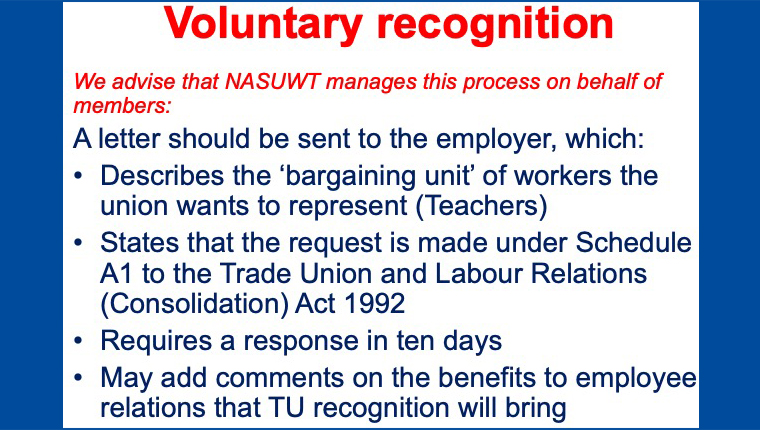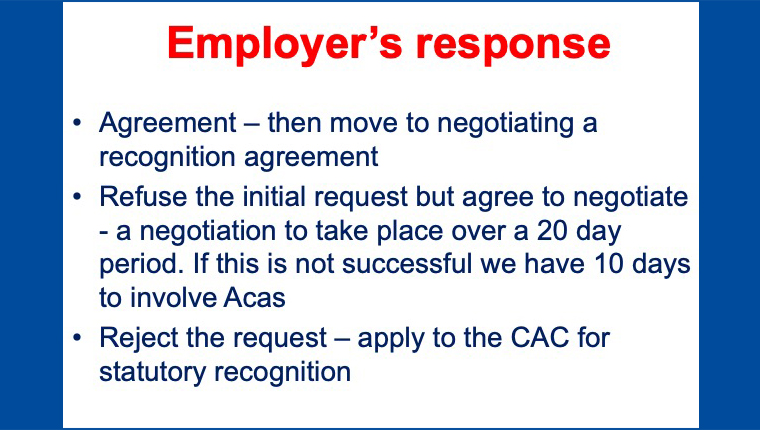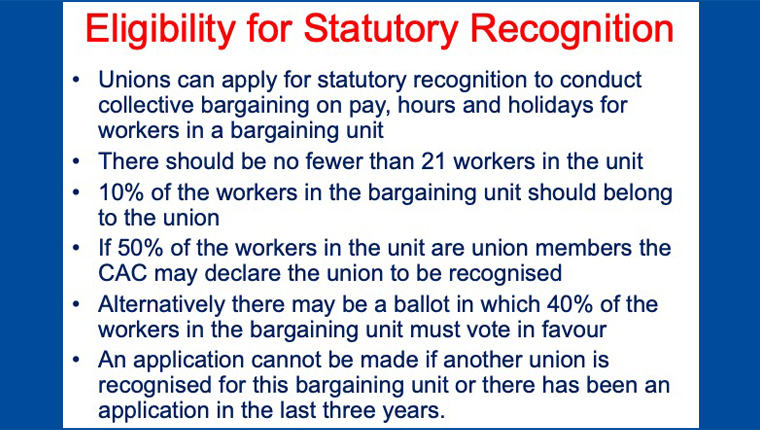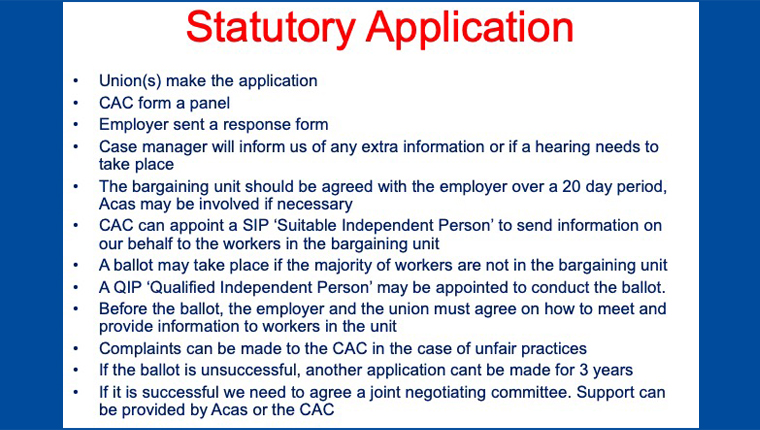NASUWT supports members from every school setting, including those who are teaching or in leadership roles within the independent schools sector. We support all our members to ensure your school is successful and this includes securing the rights and entitlements of all members.
NASUWT recognises that those working within the independent schools sector can face particular issues and challenges. The Union is here to stand up for the rights of our members and ensure their fair treatment.
Trade union recognition
We encourage members in independent schools to seek trade union recognition. This means that an agreement is negotiated which enables your elected school representatives, with our support, to negotiate on your pay and terms and conditions.
A recognition agreement ensures that rather than having to negotiate with your employer as an individual, you are not alone and issues can be approached as a collective group.
A recognition agreement can include consultation and negotiation on employment policies, operational issues like the working of the school day, health and safety, workload and wellbeing, and equalities issues such as flexible working and the menopause.
Please read our Independent Schools Bulletin to see the benefits of trade union recognition on the right/below.
How do we achieve trade union recognition?
Your employer can choose to voluntarily recognise trade unions or there is a statutory process which involves an application to the Central Arbitration Committee (CAC).
If your school has at least 21 teachers, known as the ‘bargaining unit’, and over 40% would like unions to be recognised, your school is eligible for this process.
A model letter is available to start the process; however, we suggest you contact us first in order to discuss this process.
Teachers’ Pension Scheme
Many independent schools include access to the Teachers’ Pension Scheme (TPS) as part of their reward package.
This scheme is the preferred option for teachers as it offers a defined benefit (DB) scheme, which ensures a guaranteed income on retirement.
The employer contribution increased to 23.68% in 2019 and will further increase to 28.68% in April 2024.
Some independent employers have opened consultations into leaving the TPS in favour of joining a private defined contribution (DC) scheme.
If your employer proposes starting such a consultation, please contact us immediately and send any documentation which you have been provided with.
We have supported our members in many independent schools in opposing Teachers’ Pension Scheme withdrawal.
Independent School Representatives
We support NASUWT Independent School Representatives to consult and negotiate with your employer on your terms and conditions.
We will provide you with training and you will be in touch with your national and local representatives and your Regional Centre for support.
If you are considering becoming a School Representative, please contact us for more information.
Pay
Independent schools are not required to follow national pay scales. While some schools have national pay scales, others are less transparent.
Your school should pay you a cost-of-living pay rise each year and should provide transparent pay scales. Schools in which NASUWT is recognised may submit a pay claim each year.
Teachers in independent special schools
NASUWT successfully pressed the DfE to provide funding for increased teacher pension costs to local authorities for pupils with education, health and care (EHC) plans who are educated in independent settings.


